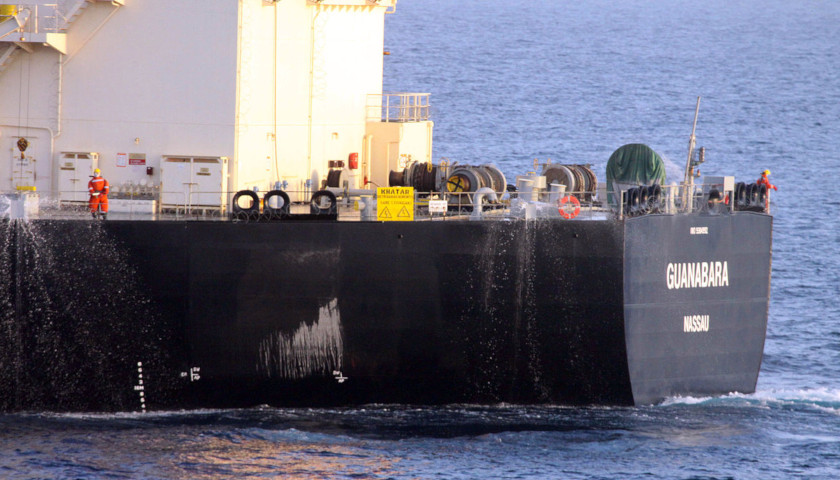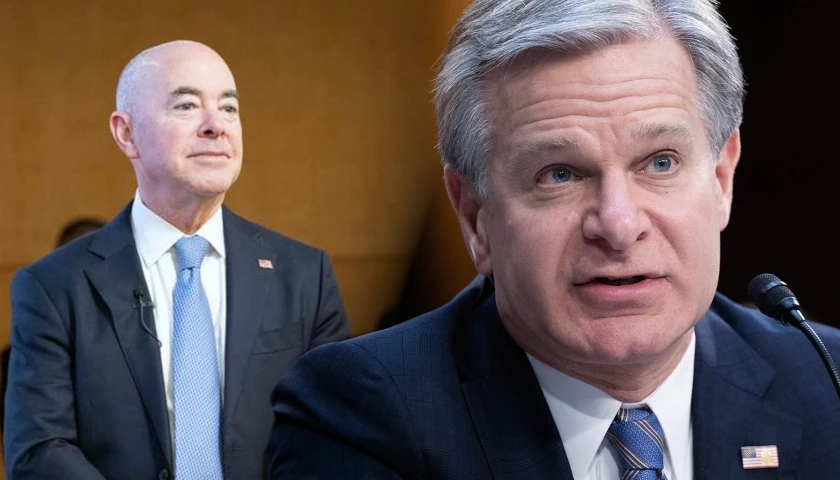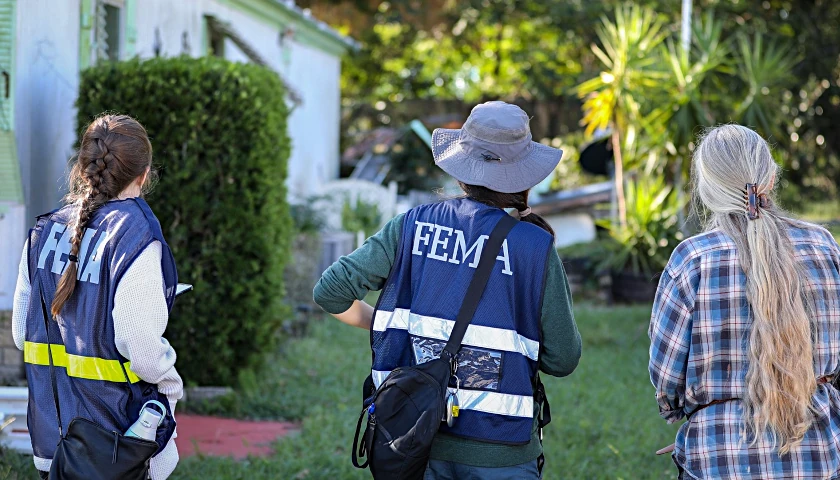The U.S. Navy has released video it says shows an Iranian patrol boat removing an unexploded limpet mine from the hull of one of two tankers carrying petroleum products that were attacked in the Gulf of Oman Thursday.
One of the tankers is Norwegian-owned and the other is owned by Japanese Kokuka Sangyo shipping company.
Photographs also released by the U.S. military show the removed mine had been attached to the Japanese tanker, slightly forward of a mine that had already exploded.
Bellingcat's @Timmi_Allen made the following video that enhances the original video, and makes it somewhat easier to see what is going on. It does look like an object is removed. But we still have to confirm this is the Kokuka Courageous. https://t.co/TIJvfegVWl pic.twitter.com/DpdPS927kg
— Bellingcat (@bellingcat) June 14, 2019
The Norwegian tanker was set on fire and sent up smoke thick and black enough to be seen by satellites in space.
The head of the Kokuka Sangyo shipping company which operates the tanker Kokuka Courageous said their ship had been attacked twice, with one explosion near the engine room and another on the right-hand side, near the back.
Speaking to reporters Friday, Yutaka Katada, said the crew of the vessel reported they saw a “flying object” just before the second blast on board, suggesting the tanker was not damaged by mines.
Katada’s statement contradicts the U.S. account of the incident.
On Friday, U.S. President Donald Trump issued a warning to Tehran, saying on Fox & Friends the United States is not taking the attacks lightly.
“Iran did do it and you know they did it because you saw the boat,” Trump said before point to footage showing an Iranian ship removing the undetonated mine.
Trump said Iran has been weakened since he won the U.S. presidency but remains a threat. “They’re a nation of terror and they’ve changed a lot since I’ve been president,” he said.
Both ships were struck at dawn Thursday by what U.S. military officials believe were mines. The U.S. Navy’s Bahrain-based U.S. Fifth Fleet received distress calls from both stricken tankers about an hour apart.
A U.S. Central Command spokesman said the USS Bainbridge guided missile destroyer provided immediate assistance to the Japanese vessel. Twenty-one crewmembers from that ship are currently aboard the Bainbridge.
A U.S. defense official confirmed to VOA that crewmembers from the Norwegian ship are in Iranian custody. Iran’s state-run IRNA news agency reported that Iran’s navy rescued 44 crewmembers from the tankers.
U.S. Secretary of State Mike Pompeo on Thursday blamed Iran for the attacks.
“Taken as a whole, these unprovoked attacks present a clear threat to international peace and security, a blatant assault on the freedom of navigation, and an unacceptable campaign of escalating tension by Iran,” Pompeo told reporters at the State Department.
Pompeo said the U.S. based its determination that Iran was behind the attacks on intelligence, the weapons used, and what he calls the “level of expertise” needed to carry out such an operation.
Iranian Foreign Minister Javad Zarif said Thursday the timing of the latest apparent attacks was “beyond suspicious” because Japanese Prime Minister Shinzo Abe was in Tehran meeting with Supreme Leader Ayatollah Ali Khamenei. Their talks focused on ways to de-escalate tensions between Washington and Tehran.
On Friday, Zarif tweeted the U.S. “immediately jumped to make allegations against Iran without a shred of factual or circumstantial evidence.” Zarif also accused the U.S. of engaging in “sabotage diplomacy” during Abe’s visit to Iran.
British Foreign Secretary Jeremy Hunt said the attacks were “deeply worrying” and that Britain believes Iran was behind the attacks. “While we will be making our own assessment soberly and carefully, our starting point is obviously to believe our U.S. allies,” Hunt said in a statement.
China said it was deeply concerned about tensions in the region and called for restraint. “Nobody wants to see war in the Gulf,” said foreign ministry spokesman Geng Shuang. “We hope all relevant parties remain calm and exercise restraint.”
U.N. Secretary-General Antonio Guterres stressed the importance of obtaining the facts.
“If there is something the world cannot afford, it is a major confrontation in the Gulf region,” Guterres warned Thursday.
League of Arab States Secretary-General Ahmed Aboul Gheit told council members Thursday the latest incident has made the league “determined to exercise a more robust role to contribute to the maintenance of international peace and security in our Arab region.”
The Gulf of Oman is next to the Strait of Hormuz — the strategic waterway that is a vital shipping lane. About 30% of the world’s seaborne crude oil travels through this strait.
Global oil prices jumped 4% higher to more than $62 a barrel after the attacks.
Last month, the United States accused Iran of using mines to attack four oil tankers off the coast of the United Arab Emirates, an accusation Iran has denied.
– – –
VOA’s Carla Babb and Wayne Lee contributed.




